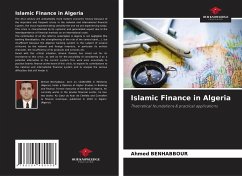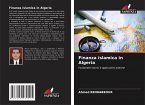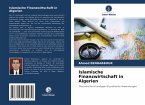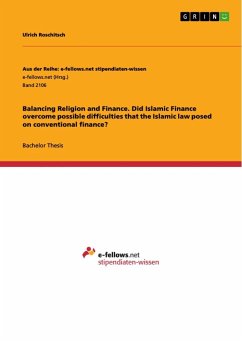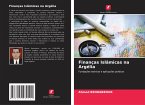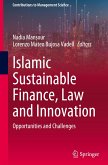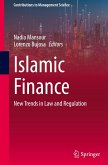The 21st century will undoubtedly mark modern economic history because of the important and frequent crises in the national and international financial system, the most important being certainly the one we are experiencing today. This crisis is characterized by its systemic and generalized aspect due to the interdependence of financial markets on an international scale.The contribution of all the reforms undertaken in Algeria is not negligible (the banking liberalization, the strengthening of the role of the central bank,...), but insufficient because the Algerian banking system is the subject of several criticisms by the national and foreign investors, in particular its archaic character, the insufficiency of its products and services etc. Faced with this critical situation, Islamic finance has stood out for its resistance to this crisis, as well as for the possibility of considering it as a potential alternative to the current system. This work aims essentially to position Islamic finance at the heart of this crisis, to explain its contributions to the national and international financial system and to analyze the various difficulties that still hinder it.
Bitte wählen Sie Ihr Anliegen aus.
Rechnungen
Retourenschein anfordern
Bestellstatus
Storno

